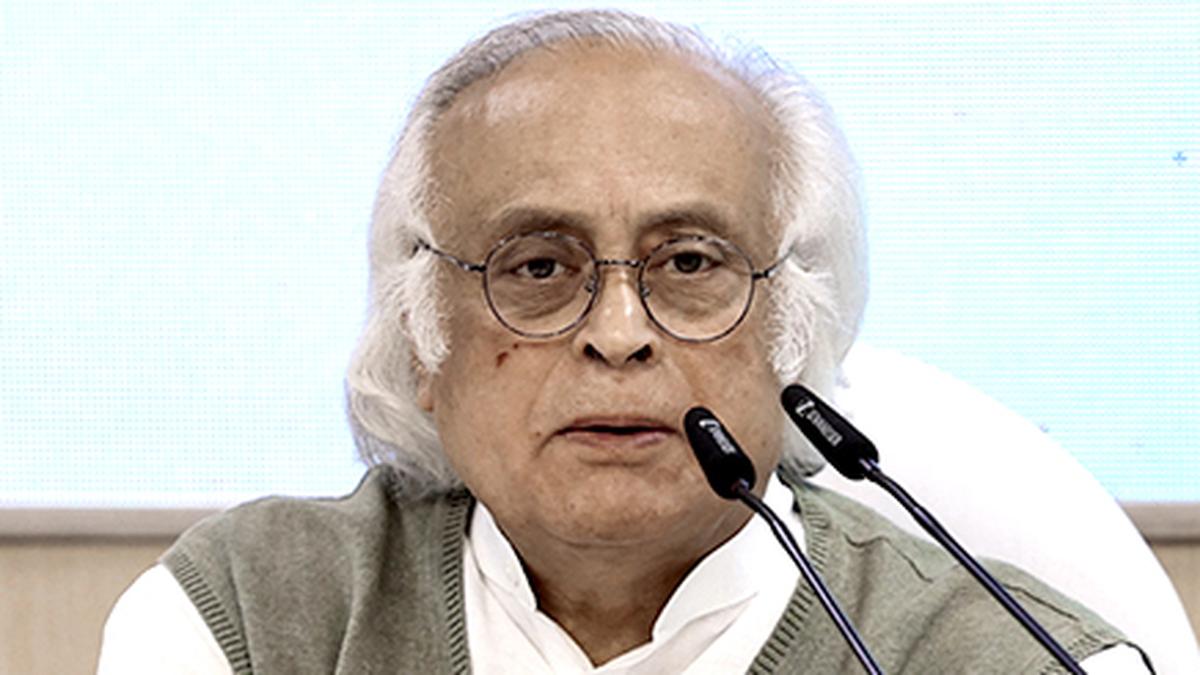
RSS chief’s statement aimed at misleading country, says Congress
The Hindu
Congress criticizes RSS chief Bhagwat for misleading statements on temple-mosque politics, questions support for divisive leaders.
Alleging that the recent statement of the Rashtriya Swayamsevak Sangh (RSS) chief Mohan Bhagwat is aimed at misleading the country, the Congress on Monday asked why doesn’t the RSS publicly declare that it wouldn’t support any leader who does the politics of mandir-masjid if Mr. Bhagwat was “honest” about his intentions.
Recently, Mr. Bhagwat had expressed concern over the resurgence of new disputes regarding temple-mosque and had said that some individuals, after the construction of the Ram Temple in Ayodhya, seem to believe they can become “leaders of Hindus” by raking up such issues.
Also read | Withdraw false cases registered over Sambhal violence, says Akhilesh after RSS chief decries ‘Ram temple-like disputes’
Responding to the RSS chief’s statement, Congress general secretary Jairam Ramesh, in a post on X, said it reflected the difference between “their words and actions”.
“If the RSS chief is really honest about his statement, he should publicly declare that in future the Sangh will never support such leaders who endanger social harmony,” Mr. Ramesh said, adding, “But they will not say this because the temple-mosque construction is happening at the behest of the RSS”.
He said in many cases, those “who incite such divisive issues and cause riots have connections with the RSS”.
“They are associated with Bajrang Dal, Vishwa Hindu Parishad or BJP and the RSS helps them completely from getting a lawyer to filing a case. It is clear that Mr. Bhagwat’s statement is only to mislead the society. He thinks that by saying such things, the sins of RSS will be washed away, and his image will improve. But his reality is before the country,” Mr. Ramesh added.

More than 2.6 lakh village and ward volunteers in Andhra Pradesh, once celebrated as the government’s grassroots champions for their crucial role in implementing welfare schemes, are now in a dilemma after learning that their tenure has not been renewed after August 2023 even though they have been paid honoraria till June 2024. Disowned by both YSRCP, which was in power when they were appointed, and the current ruling TDP, which made a poll promise to double their pay, these former volunteers are ruing the day they signed up for the role which they don’t know if even still exists

















